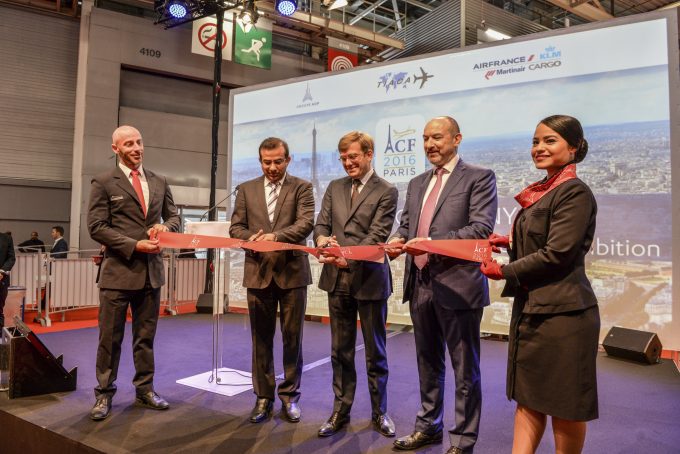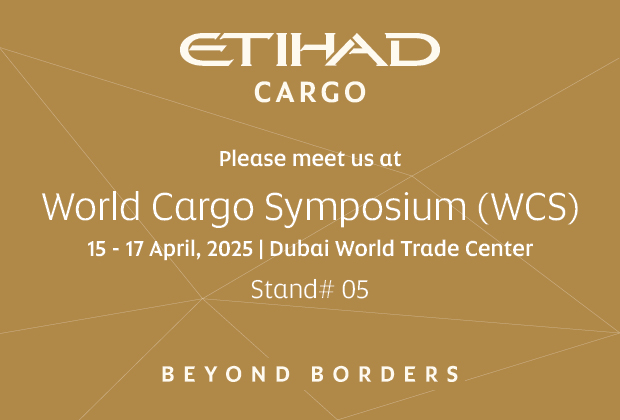Global airfreight market sees eighth month of double-digit demand growth
The global airfreight market is enjoying “spectacular health”, but the imbalance of capacity on front ...

TIACA has propelled itself back into the news this week, first with the announcement that Vladimir Zubkov is to take over as secretary general and now it is raising membership fees.
In the first increase since 2012 (when fees went up 100%), TIACA has added 5% to the rate – or $100. One former member told The Loadstar he was concerned for smaller companies.
“The impact of the last increase was devastating to TIACA’s finances when membership dropped substantially. Its income fell way below the ...
New senior management for DSV as it readies for DB Schenker takeover
Volumes set to 'fall off a cliff' as US firms hit the brakes on sourcing and bookings
Amazon pushes into LTL for small package fulfilment and UPS does a u-turn
Asian exporters scramble for ships and boxes to beat 90-day tariff pause
Temporary tariff relief brings on early transpacific peak season
'Tariff madness' will prompt renegotiation of ocean shipping contracts
Forwarders 'allowing the fox into the chicken run' by supporting 'hungry' carriers
Hongkong Post suspends services to 'unreasonable' and 'bullying' US


Comment on this article